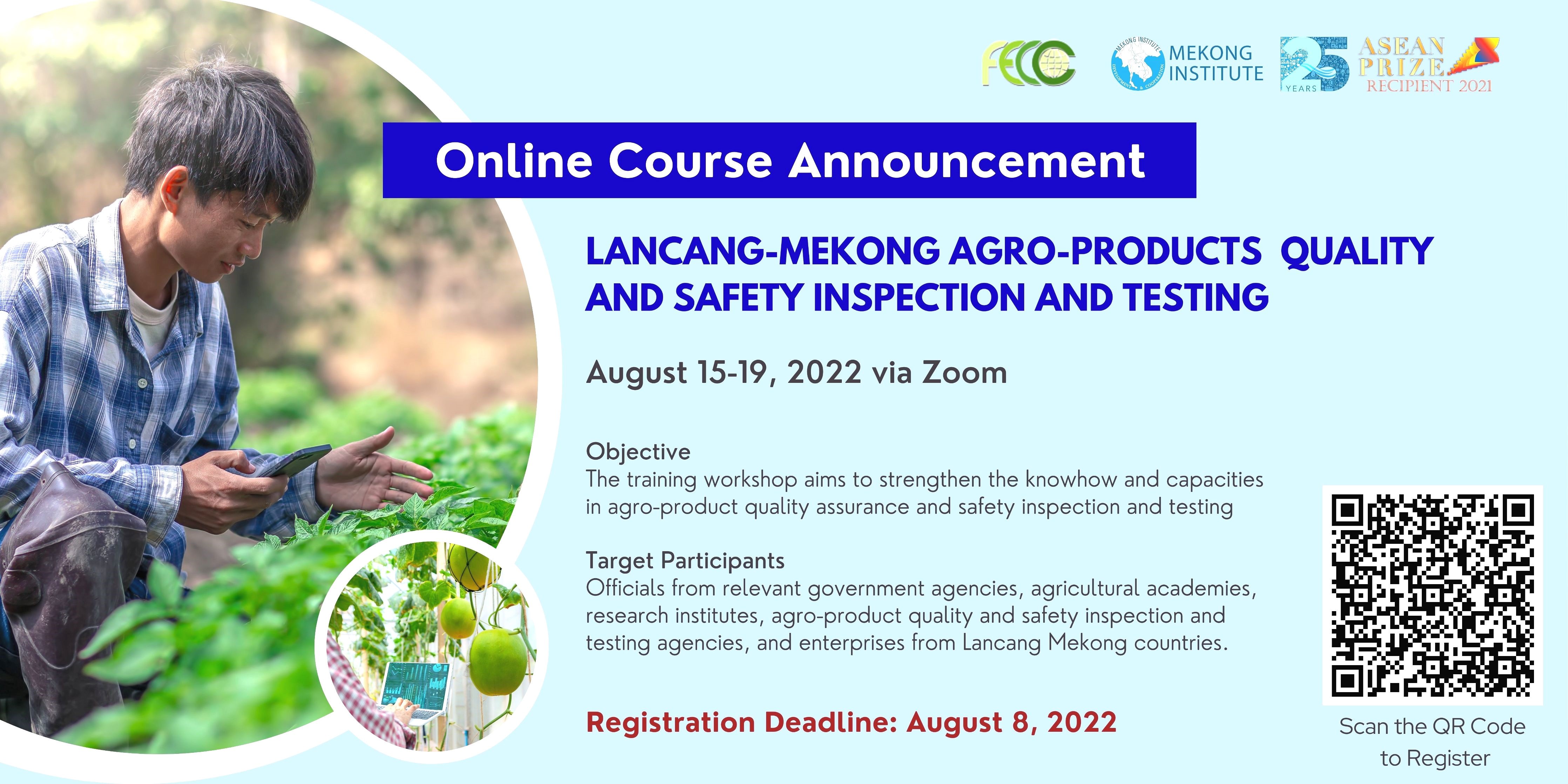Easing Food Crisis and Promoting Long-Term Food Security in Asia and the Pacific
Food insecurity is threatening to reverse decades of development progress in Asia and the Pacific.
Food insecurity is threatening to reverse decades of development progress in Asia and the Pacific.
ADB approved $36.5 million loan and grant for the Lao PDR in 2012 to improve the country’s capacity and preparedness to manage and mitigate the impacts of flood and drought through the Greater Mekong Subregion Flood and Drought Risks Management and Mitigation Project in Vientiane capital and provinces of Khammouan and Savannakhet.
Over the past 17 years, the PRC Fund has supported 135 applications in ADB developing members and achieved good results, and will continue to promote common prosperity and shared development by supporting poverty reduction in Asia and the Pacific, regional cooperation and integration, and knowledge sharing through technical assistance and grants.
The Greater Mekong Subregion Sustainable Agriculture and Food Security Program (GMS SAFSP) is a program supported by the Asian Development Bank and driven by the vision of the Greater Mekong Subregion as a leading supplier of safe and climate-friendly agri-food products.
The Asian Development Bank (ADB) has launched a new country partnership strategy (CPS) for Viet Nam covering the period 2023–2026. The strategy will help promote inclusive, green, and private sector-led development in Viet Nam and build a foundation for the country to achieve its goal of becoming upper middle-income by 2030.
The Asian Development Bank (ADB) has approved a $140 million loan to improve the environmental and economic conditions in Guilin in the Guangxi Zhuang Autonomous Region of the People’s Republic of China.
“Rapid urbanization has become a threat to Guilin's natural resources and sustainable development,” said ADB Senior Transport Specialist for East Asia Nicolas Dei Castelli. “This project will include a number of innovative solutions with demonstration potential, including low-carbon mobility, inclusive sanitation, and institutional development.”
GMS member countries are looking forward to setting the ‘Early Harvest’ Implementation of the Cross-Border Transport Facilitation Agreement (CBTA) back on track. This was emphasized by the GMS countries at the Subregional Transport Forum (STF-25) of the GMS Program held on 14 June 2022.
The recently-concluded Subregional Transport Forum (STF-25) of the GMS Program highlighted the importance of behavioral interventions and stakeholders’ involvement to the reduction of road crashes and fatalities in the subregion. STF has been providing assistance in improving road safety for GMS countries since 2011.
LaoSafe, a health and hygiene program for the tourism and hospitality sector, was rolled out in the Lao People’s Democratic Republic by the country’s Ministry of Information, Culture and Tourism, to welcome tourists back safely into the country.

http://www.lmcchina.org/eng/The Foreign Economic Cooperation Center (FECC) of the Ministry of Agriculture and Rural Affairs (MARA) of the People’s Republic of China, in partnership with the Mekong Institute and with support from the “Greater Mekong Subregion Sustainable Agriculture and Food Security Program (SAFSP),” is hosting the Virtual Training Workshop on Lancang-Mekong Agro-Products Quality and Safety Inspection and Testing on 15-19 August 2022.